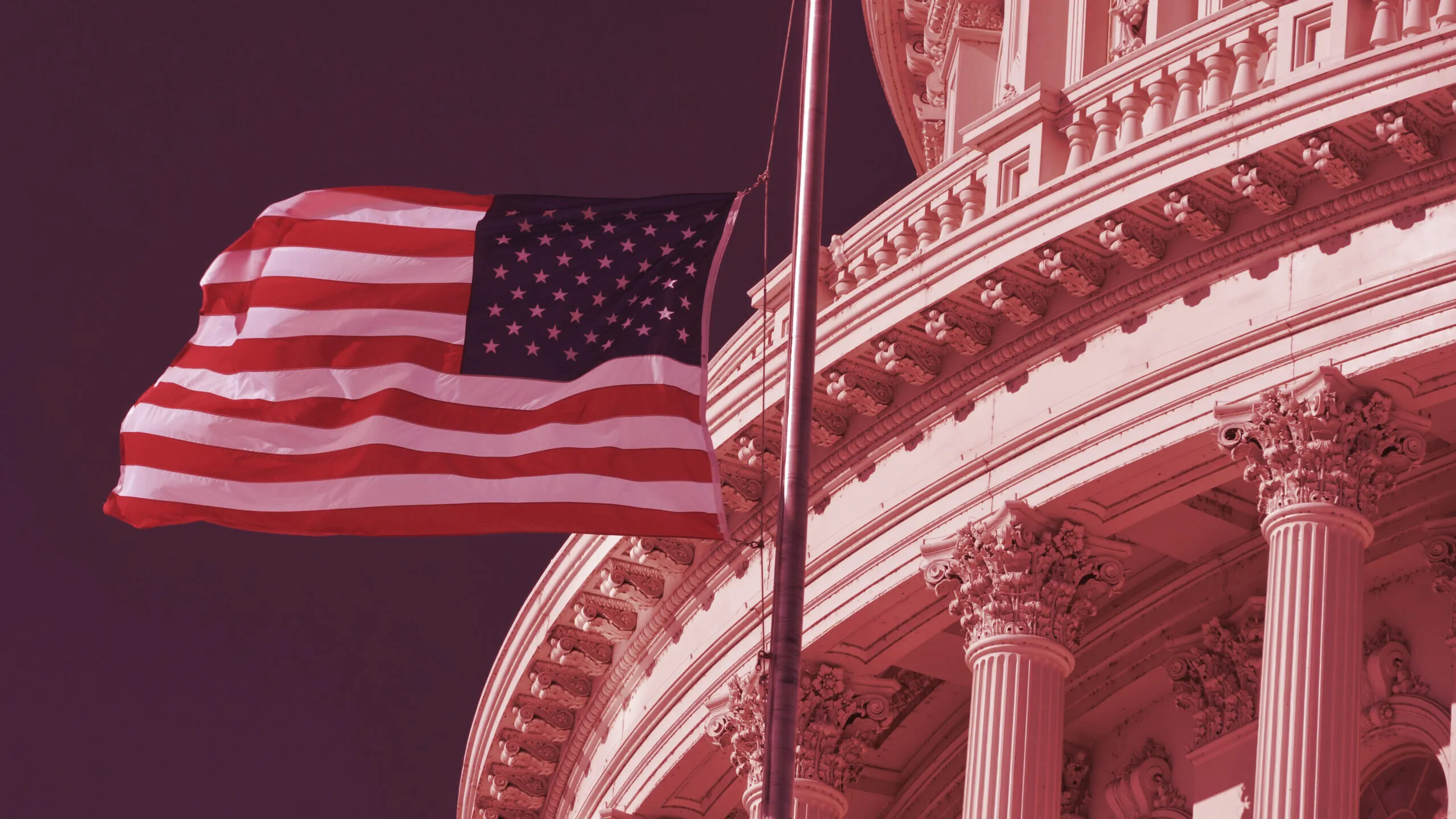Leaders of the House Financial Services Committee continue to negotiate the terms of a proposed bill to regulate cryptocurrency, even as the window to act draws increasingly narrow heading into the midterm elections.
According to Bloomberg, the latest draft legislation would ban algorithmic stablecoins like TerraUSD (UST) for two years, while regulatory agencies conduct a study of "endogenously collateralized" tokens.
"Endogenously" means something produced or synthesized within the organism or system. Before TerraUSD and Luna imploded in May, its creators relied on an algorithm to mint or burn Luna to keep the value of TerraUSD stable at $1.
Over $40 billion in value evaporated within days, and the collapse has become Exhibit A in the crypto critic's playbook, and has intensified the interest of lawmakers and regulators.
Prior versions of the bill required stablecoin issuers to maintain 1:1 liquid reserves for all stablecoins in circulation and would also limit the types of assets that could back them.
The latest draft—which Bloomberg notes is currently sitting with committee chair Rep. Maxine Waters (D-CA), and may need to be reviewed by ranking member Rep. Patrick McHenry (R-NC)—goes even further.
The stablecoin bill now provides a path for banks and other financial institutions to issue stablecoins, working with their existing network of regulators. But that network would now also include regulators at the state level, providing state-approved stablecoin issuers a 180-day fast track to a federal green light.
The business news service says the committee could bring the bill up for a vote as soon as next week.
The stablecoin bill has been in the works for months, and has been delayed in the past, in part over concerns raised by Treasury Secretary Janet Yellen. Yellen has repeatedly cited the TerraUSD collapse when calling for more regulation of the crypto space.
Similarly, Rep. Waters highlighted the risks of stablecoins earlier this year, saying, "investigations have shown that many of these so-called stablecoins are not, in fact, backed fully by reserve assets," and that a lack of investor protections could even "threaten U.S. financial stability."

